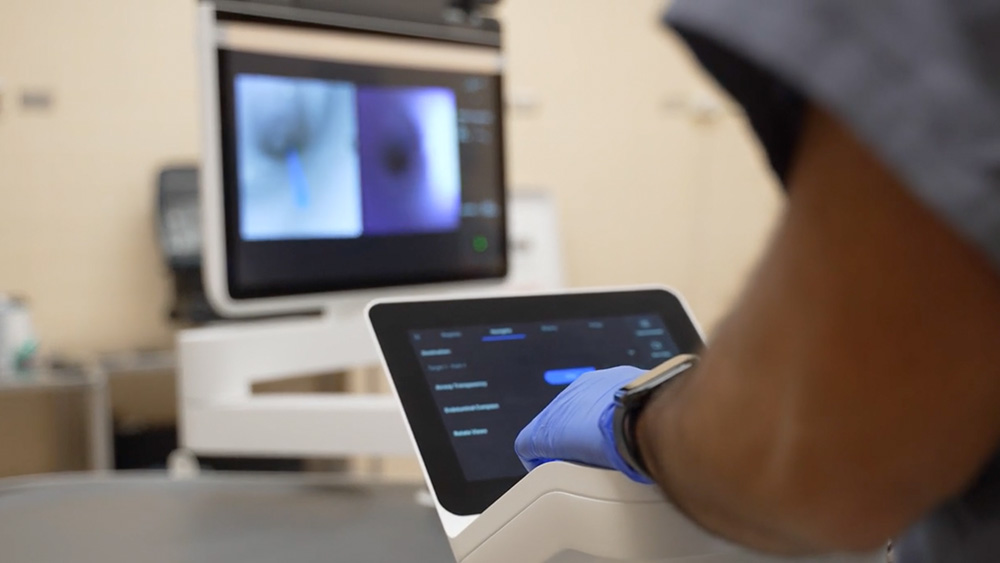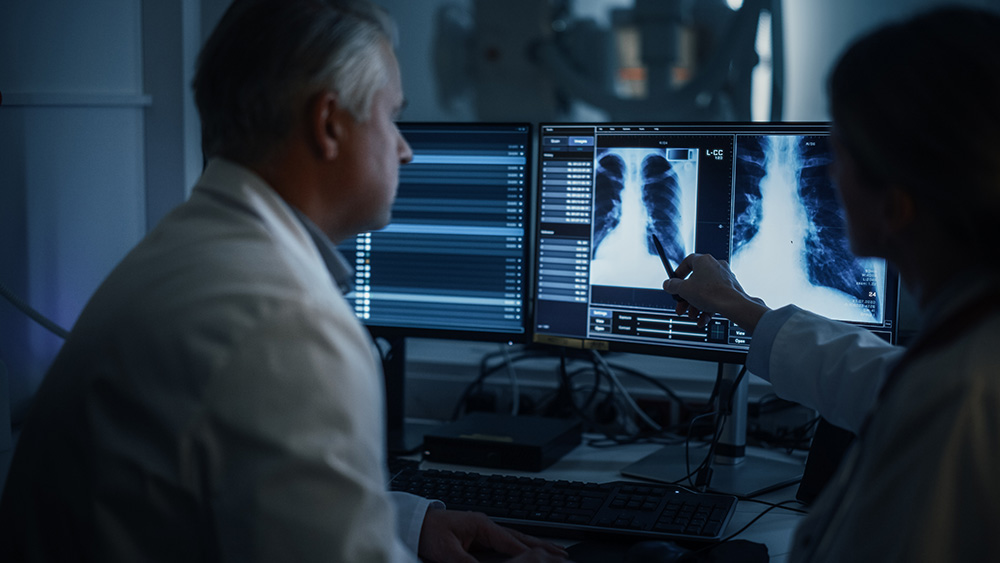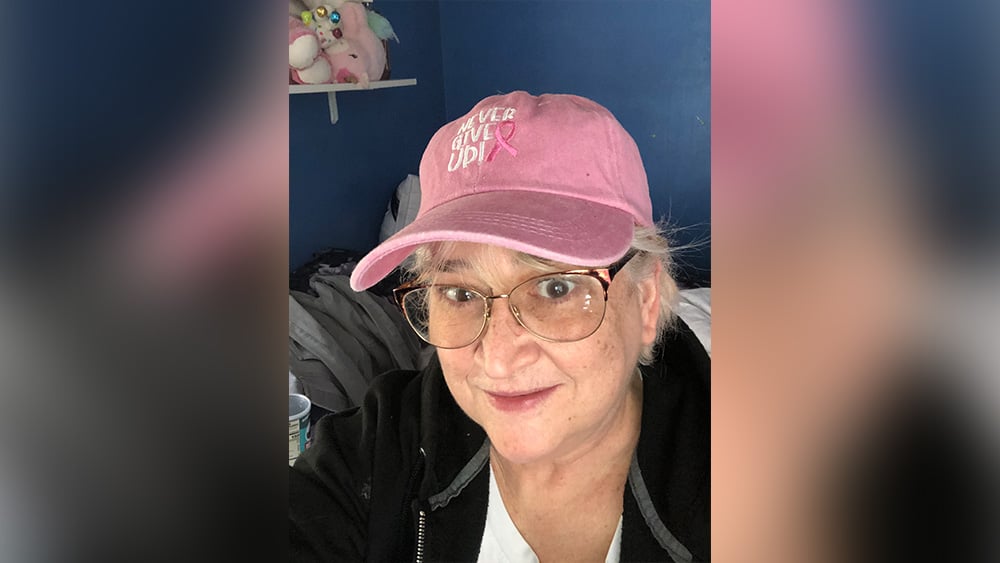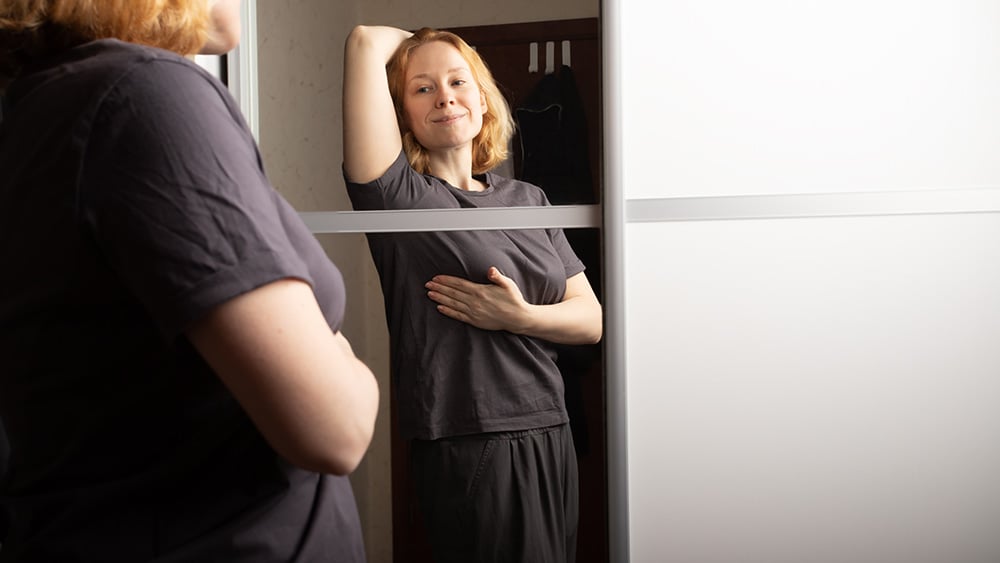Early Detection Saves Lives
We believe that early detection is the key to beating cancer. Our range of screening services are designed to catch cancer at its earliest stages, identifying potential risks before symptoms appear, giving you the best chance of successful treatment and recovery.
Our Approach to Cancer Screening
Our goal is to provide you with the most effective and comfortable cancer screening experience possible. With a team of dedicated specialists and the most advanced diagnostic techniques, we ensure that you receive personalized care, tailored recommendations, and timely results. Your well-being is our priority.
Our Services & Treatments
We offer a variety of advanced cancer screening services, all focused on early detection to improve outcomes and provide peace of mind.
- Breast cancer screening
- Cancer genetic screening
- Cervical cancer screening
- Colorectal cancer screening
- High-risk breast cancer screening
- Lung cancer screening
- Prostate cancer screening
- Skin cancer screening
Cancer Screening Guidelines
Our cancer screening services follow the latest medical guidelines to ensure you receive the most effective care for early detection. While these are the recommended screening guidelines for various types of cancer (for average risk individuals), be sure to consult your provider to determine the best screening schedule for you based on your personal risk profile.
- All women should familiarize themselves with the look and feel of their breasts to proactively identify any changes and talk to their providers about their risk factors.
- Women 25 – 39 should have a clinical breast exam every 1 to 3 years. This is often done during your annual well-woman checkup by your gynecologist.
- Women 40 – 54 should be getting mammograms every year.
- Women 55+ have the option to get mammograms every year or switch to every 2 years.
Take our Breast Cancer Screening Assessment to find out which screening option may be right for you.
- Women 25 – 29 should have a pap smear every 3 years.
- Women 30 – 65 should have a pap smear plus an HPV test every 5 years.
- Women over 65 who have had regular screenings with normal results in the past 10 years may no longer need regular screening.
- Adults 21 – 44 should talk to their doctor about whether they are at high risk for colon cancer.
- Adults 45 – 75 should have regular screenings depending on the screening type below:
- Colonoscopy: every 10 years
- CT virtual colonoscopy: every 5 years
- Double-contrast barium enema: every 5 years
- Flexible sigmoidoscopy: every 5 years
- Stool-based tests: every year
- Adults 75+ should talk to their healthcare provider about whether to continue screening.
- Adults 50 – 80 with a history of heavy smoking (a 20 pack-year smoking history) should consider annual low-dose CT scans for lung cancer screening. Screening is particularly recommended for current smokers or those who have quit within the past 15 years.
Take our assessment to find out if you’re eligible for Lung Cancer Screening,
- Men 40 – 49 should talk to their healthcare provider about when to begin prostate cancer screening.
- Men 50 – 70 should get a prostate exam, which may include a prostate-specific antigen (PSA) test, every 3 to 5 years.
- Adults 18+ should have annual skin cancer screenings by a licensed dermatologist and also perform regular self-exams.
Having a primary care provider (PCP) is essential for maintaining your health. A PCP offers personalized, preventive care, helps manage chronic conditions, and is your first point of contact for any health concerns. Don't wait—take control of your health today by calling one of our dedicated providers.








